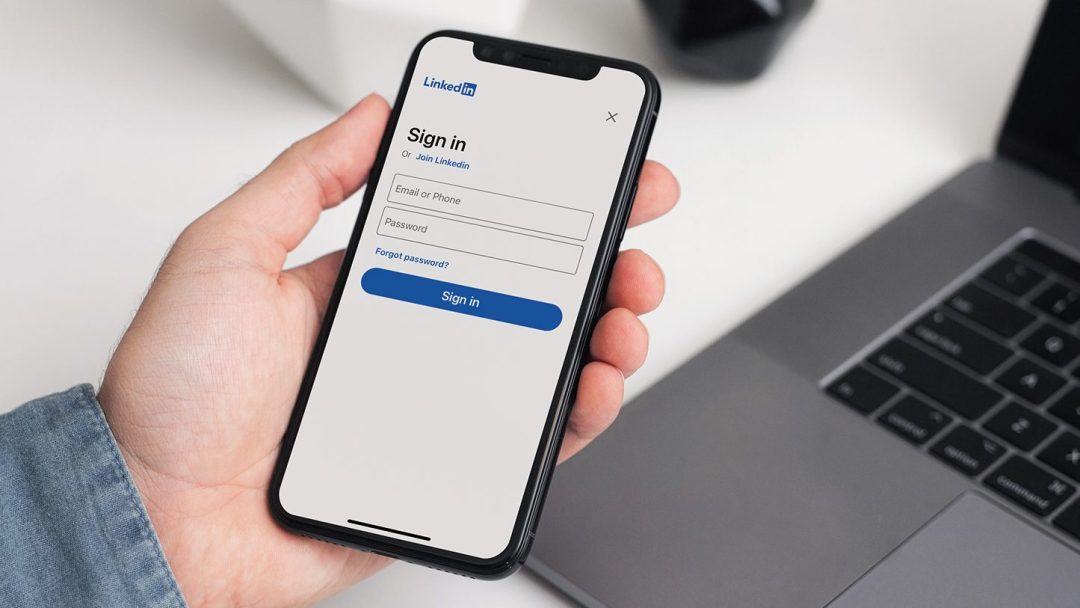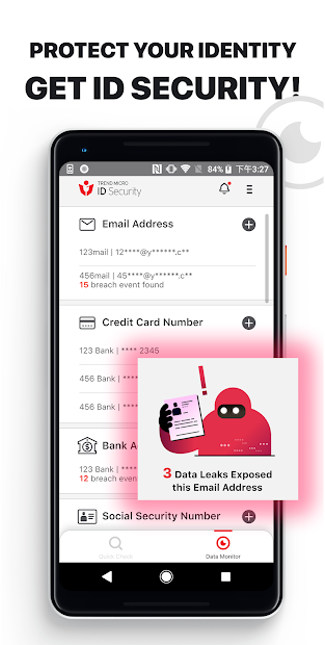How to Check if Your Personal Data Was Exposed in the Massive LinkedIn Data Leak

LinkedIn recently suffered a data leak exposing the personal information of over 700 million (92%) of its users. Included in the leak were full names, physical addresses, phone numbers, email addresses, and lots more.
Naturally, if you’re a LinkedIn user, you have every reason to be concerned. Should certain personal data fall into the wrong hands, it could be used to hack into online accounts, obtain medical records, banking details, and worst-case scenario: commit identity theft.
Check if your email or phone number has been leaked
Step one is to use haveibeenpwned.com to check whether your email address or phone number has been exposed.
Although it may have a slightly unusual name (pwned is pronounced “poned”, by the way), the site is excellent and the basic service is completely free. It is run by Troy Hunt, a regional director for Microsoft and one of the top minds in online security.
All you need to do is enter your email address or phone number and the site will check if you’re a victim.


The site will automatically check whether you were affected by the recent LinkedIn leak, as well as other data breaches it has on record.
Search the dark web for your data
When your data is leaked it can be posted anywhere online. Cybercriminals will often post stolen data on the dark web, restricted forums, pastebin websites, cloud sharing sites such as Mega and Google Drive or share the data using torrents and other P2P networks. Trend Micro™ ID Security can scour all these places and more! The LinkedIn data was initially shared on a well-known forum popular with hackers, but it could have easily popped up anywhere on the internet or dark web since.
The app doesn’t only check whether your email or phone number has been leaked either. You can configure it to scan leaked data for your passwords, bank account information, driver’s license number, social security number, passport information, and credit card number, too!

ID Security is available for both Android and iOS. In addition to checking if you were a victim of a previous leak, if your data is leaked in the future, you’ll receive a notification immediately sent to your mobile device. The app also suggests the best course of action for you to take to remedy the situation if your data is exposed.
If you’re looking to get a handle on the safety of your personal data, you can’t go wrong with ID Security.
The best defense is a good offense
Most people don’t think about the dangers that come along with being a victim of a data leak before it’s too late. Whether you were one of the 700 million+ victims of the recent LinkedIn leak or not, we hope that this post has armed you with two great tools to use in the fight to protect your data from falling into the hands of cybercriminals!